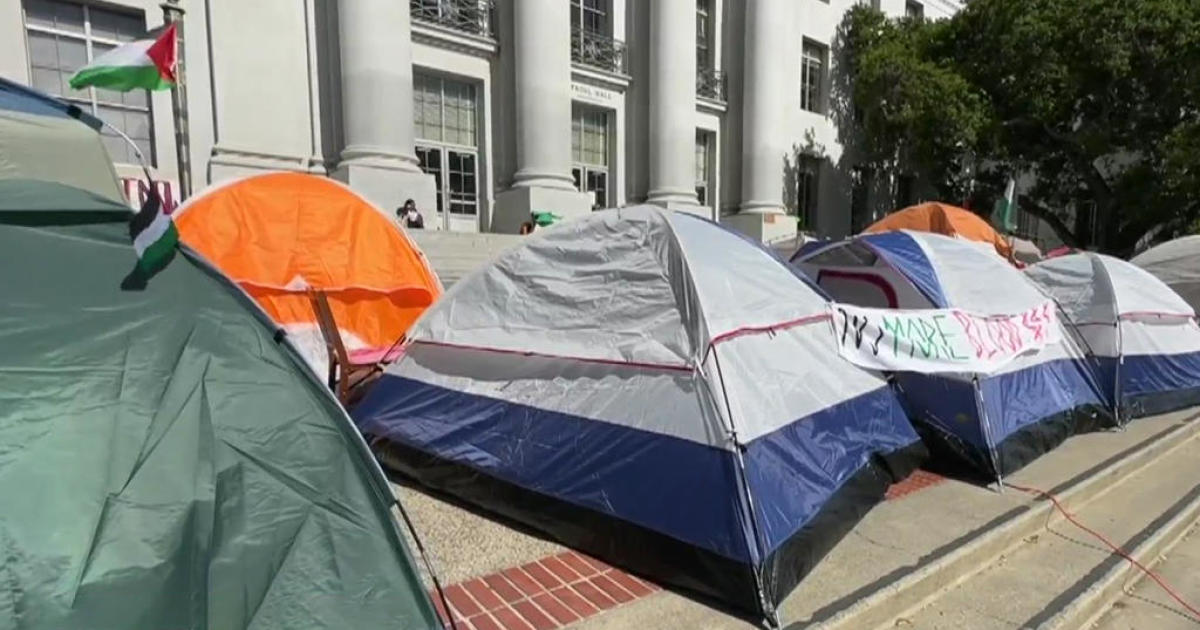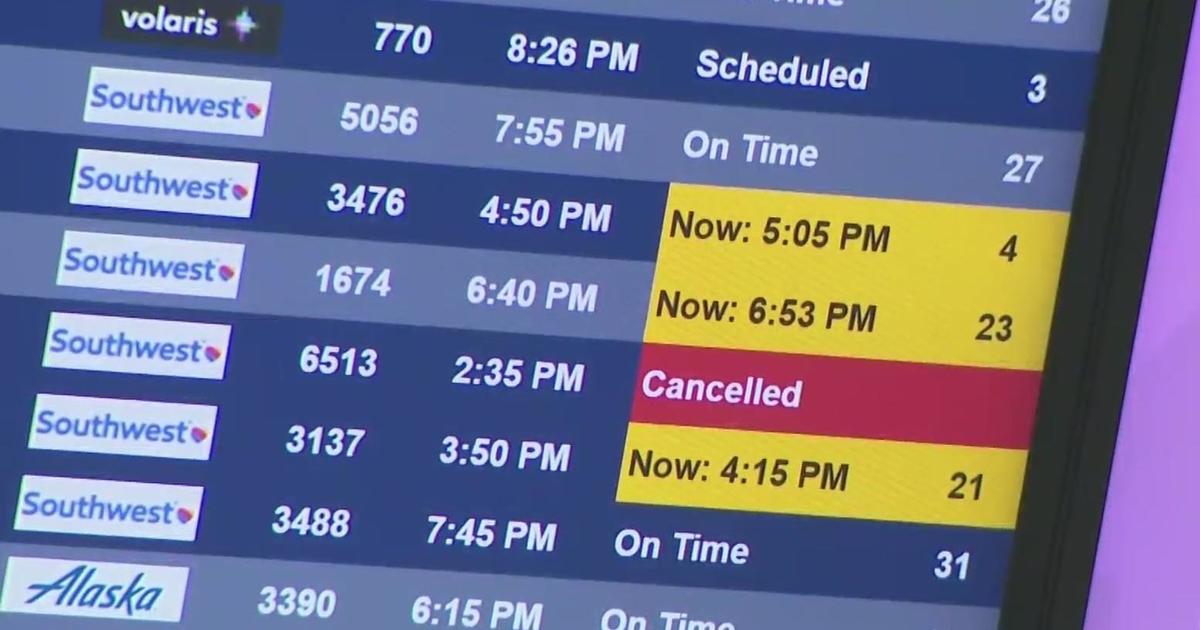Prop 16: California's Chance To Reaffirm Affirmative Action
BERKELEY (KPIX) - In November, California voters will go to the polls to vote on Proposition 16, a measure that would lift the state's ban on considering race, gender or ethnicity in admission and hiring decisions at colleges and universities.
To understand how Prop 16, which seeks to reinstate affirmative action in California, ended up on this November's ballot, you have to go back to 1996. Pete Wilson was governor and it was also the year voters passed Proposition 209, changing the state's constitution.
"Which effectively outlawed affirmative action and the use of affirmative action in contracts, not just in awarding contracts, but using race and gender as a way to level the playing field, but also when you look at education," says Walter Wilson, civil rights activist and proponent of 'Yes on 16.'
California is one of nine states without affirmative action laws. Wilson says Prop. 209 cost businesses generational wealth.
"Minority and women businesses lost, at a minimum, $1.1 billion dollars a year over the last 22 years in state and government contracts," Wilson said.
Wilson says minority admissions to the public higher education system like the University of California system have suffered, further entrenching problems that begin in underfunded elementary schools.
"Black and Latino students admitted to the University of California decreased between 12 and 60 percent, based on the university's location," Wilson said.
The 'No on 16' crowd is run by those who put Proposition 209 on the ballot in '96. Gail Heriot, a law professor at the University of San Diego was one of the architects of Prop. 209. She says the grade point averages at the UC have gone up since 209 was enacted and that more attention should be paid to fixing K-12 education parity.
"Public universities should give a little leg up to people who are really in need, but you can't measure that by race. That's not the way we determine who's in need. There are plenty of well-off African-Americans, there are plenty of well-off Latinos, there are Asians who are not well off. There are whites who are not well off," Heriot said.
She says allowing affirmative action again is discriminatory.
"It's important for the University of California and the State of California as a whole to give an extra leg up to people who really need it - low income students, students whose parents didn't go to college."



